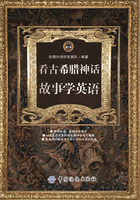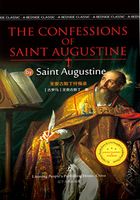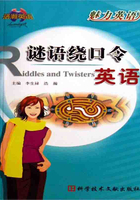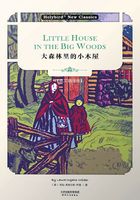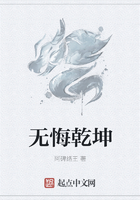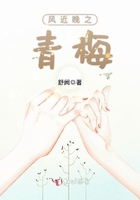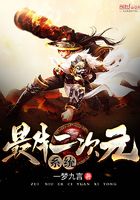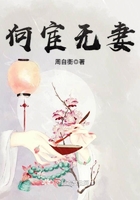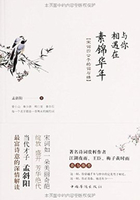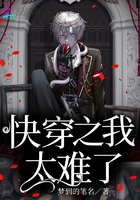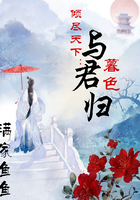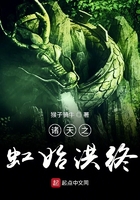In regard to technology, he says: "Whether we're talking about pre-modern or modern society, technology innovation is in essence simply the process of 'finding problems and fixing them.' Before the industrial revolution of the mid-18th century, both Eastern and Western inventions came from factories or agricultural production as a result of trial and error of less orthodox methods of production. After the industrial revolution, innovation became a conscious process of discovery and experiment, and after the 19th century, modern scientific principles became the foundation for experimentation in technological innovation."
So why was China unable to adjust from an "experiential" focus to an "experimental" focus in technological innovation? Lin Yifu explains that this was due to the lack of a 15th-16th century scientific revolution in China. But Lin Yifu has just taken us around in a circle, and we're back to square one with "Needham's conundrum."
Lin Yifu goes a step further: "Joseph Needham believed that because China's bureaucratic ruling class encouraged agriculture and restricted trade, scholars and innovators were unable to exert the influence of mathematic and logical methodology upon production…But personally, I believe that the lack of a scientific revolution in China was not due to any sort of political oppression. Rather, the imperial examination system and the competition that it created encouraged talented scholars not to examine 'natural laws' of mathematics or controlled experiments, so this area of knowledge was left in a primitive state and not further developed." [6]
The "Needham conundrum" is not just one of great significance, but also a thought-provoking one. Just through the handful of scholars mentioned above, I've already stepped onto scientific, philosophical, religious, ethical, economic and cultural ground. Each of them attacks this question from a different angle, as they attempt to explain the great conundrum of modern China.
But really, this question is over-complicated. At the very core, these are two completely different civilizations, two completely different paths, and a completely different result. Lin Yifu describes this result: "In the short time of a hundred years, the once great and prosperous China fell spectacularly, widening the gap between itself and the West."
To this day, China's fall remains a pain at the heart of the Chinese people. But the more pain we feel, the more important it becomes for us to look back on history with reason, and examine the mistakes behind our decline. Because an enquiry into history is an enquiry into ourselves—into our ancestors, and the path we have taken.
From a macroscopic perspective, a nation's prosperity and downfalls cannot be simply attributed to a single factor of influence. At the same time, those determining points in history are not at once evident—this is a dynamic and evolutionary process. This evolution is the inevitable result of deeply ingrained cultural traditions and their meeting with an accumulation of opportunities and developments. Needham describes modern science and its coming to being in Europe: "just like a fungus, when the temperature and the humidity were right, the mushroom simply grew bigger." The evolution of modern civilization in Europe happened in exactly this way.
The Renaissance, the Reformation, the Enlightenment, the Industrial Revolution—from the liberation of human body to the liberation of the human mind and soul, this series of pivotal events in the evolution of humankind changed society forever, beginning a chain of progressive technological developments that would change our existence forever. These are the germs of European civilization that grew into the mushroom of modern society.
As Europe bid farewell to the Middle Ages and began its centuries-long journey toward modern civilization, China was sinking deeper and deeper into a political mess—and a bog it could not pull itself out of. In 1514, the Portuguese arrived in the coastal Guangdong, knocking on China's ancient, rusty doors. Unfortunately, their loud cries were not enough to wake the sleeping giant of the East, but the lucky land of Xiangshan, born from the sea, in the right place at the right time, became the very first meeting point of East and West.
WHETHER EAST or West, human civilization has always looked back to the golden ages of the past with nostalgia and aspiration. But, this same desire has led Eastern and Western nations alike down very different paths.
It could be said that history is the religion of the Chinese people. The Chinese people have always lived in history. They believe and worship the riddles of the past, obsessed with the mystical tales of Yao, Shun and Yu the Great and other "legends" —lost in the "dream of the Great Tang Dynasty." But after the Qin's victory, books were burned and scholars scolded, bringing to an end China's "golden age" of innovation and great thinkers. Since then, this "dream" has been put into a deep sleep, nobody daring to put it into practice, let alone initiate any sort of liberation of thought. This is probably all a myth, neither proven nor disproven, because they are impossible to reproduce. So, those "golden ages" in review either become an excuse for moaning about the shortcomings of today, or the moans of untimeliness, or become, in the true spirit of Ah Q, the fortune of ancestors past.
It was also a review of "golden ages" in Europe that gradually snowballed into a pivotal revolution, changing the cultural landscape and path of development in Europe forever. Renaissance—a word originally referring to the rediscovery and re-use of ancient virtues of technology, knowledge and culture. Europeans believed that after the fifth century the essence of these concepts were lost in the savage domination of Western Roman Empire. The Middle Ages was then a long process of rediscovery and experiment.

